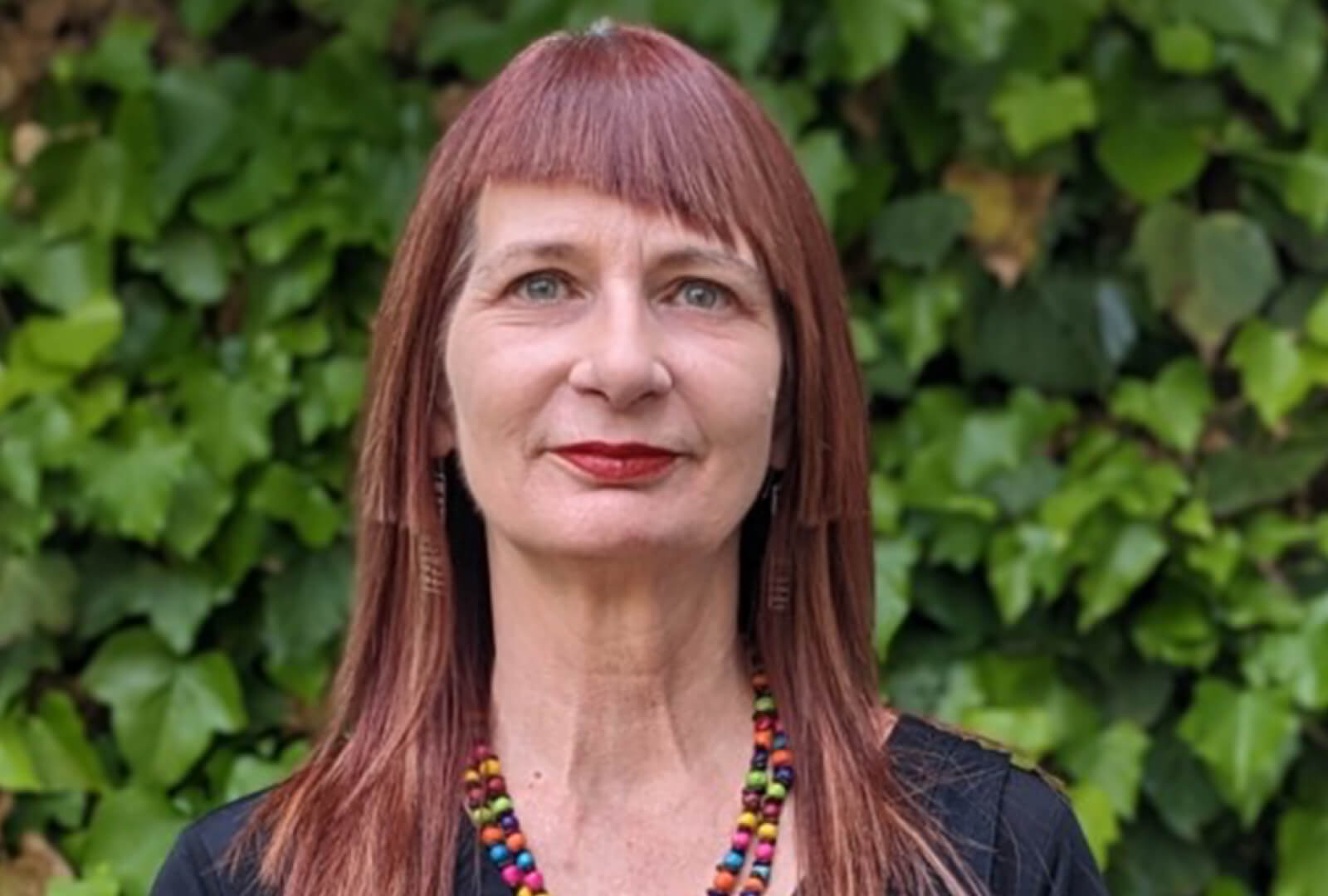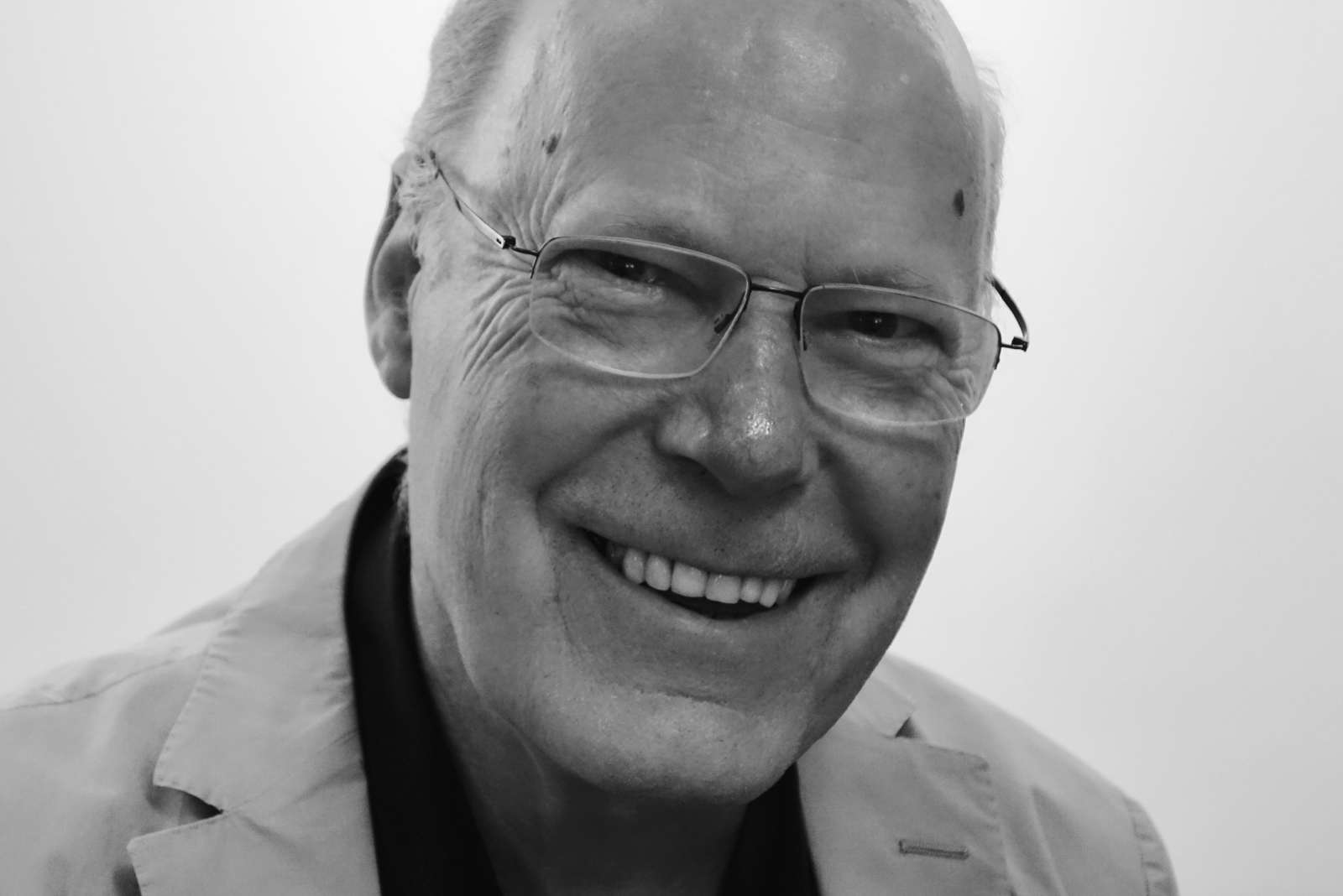Who are our future cultural leaders?
As applications close for the Master of Fine Arts in Cultural Leadership, Course Leader Karilyn Brown talks about the future of Australian cultural leaders.

Above: Creative Meet Up - Networking Night at the City of Ryde facilitated by Cultural Leadership alumna, Yasmin Masri (Photo: James Schulz for City of Ryde)
What are critical issues for leaders in the current cultural context?
The diversity of our cultural context is a dynamic and constantly evolving reflection of who we are, the multiplicity of our voices, and the creative expressions that articulate what is important to us as individuals, communities and societies.
In a rapidly disrupted world, we need to not only embrace change but drive the influence and impact that arts and culture can have in addressing critical issues.
Some of the urgent issues that require transformational modelling include:
- Engaging with First Nations knowledge and cultural practices, and creating avenues for Indigenous-led platforms;
- Addressing the climate crisis, and implementing radical changes and long-term sustainability into our practices;
- Empowering the diversity and intersectionality of creative voices, and fundamentally shifting to wholly inclusive organisational and creative practices;
- Supporting the independent sector – the lifeblood of the arts, practices and programs to sustain independent artists and creatives;
- Navigating the devasting impact of the COVID pandemic and creating resilience and sustainability through innovation and changed practices; and
- Implementing more caring, safer and healthier working practices in the arts and cultural sector.
What leads people to NIDA’s MFA in Cultural Leadership course?
The course is designed specifically for those who already have active roles in the arts and cultural sector. It offers an inclusive, safe and dynamic learning environment for those who aspire to facilitate new and resilient leadership models in their practice.
The course champions the development of cross-sector cohorts bringing together people with diverse practices and experience, including from the performing arts, museums, galleries, libraries, local government, festivals, independent arts practice, and cultural and community organisations.
Students are supported to exchange and collaborate in innovative and entrepreneurial approaches to creative and professional practice, and to engage in inter-disciplinary thought leadership and practices.
The cross-discipline nature of each cohort, combined with opportunities for strong peer-to-peer learning, enables students to consolidate their skills, knowledge and expertise to lead confidently across a wide range of sector disciplines and roles.
What learnings and new knowledges do people seek from the course?
The course was established in 2016 as a much-needed platform for inspiring innovative leadership in the arts and cultural sector – an academic course that builds on the connections and synergies across disciplines, and develops leadership values around inclusivity, collaboration, shared knowledges and aspirational thinking.
We question current methodologies and highlight diverse approaches and opportunities around leadership in governance, cultural policy and practice, entrepreneurial modelling, communications, advocacy, cultural transformation and sustainability, and research generated through practice, as well as international leadership models.
Led by First Nations Lecturer, Jacob Boehme, we’re developing a strategy for engaging in First Nations knowledge and knowledge systems within and around the 30-month study journey for each student.
The course supports the development of leadership skills and experience to be able to address the contemporary issues and challenges critical to the vitality and relevance of the cultural sector. It encourages collaborative, entrepreneurial and advocacy approaches to finding and communicating solutions.
What are some of the other experiences that the course provides students?
Students and alumni consistently cite the deep connection, collegiality and shared knowledges and experiences that exists within cohorts, creating relationships and networks that continue beyond the course.
Feedback on other experiences includes:
- Valuing the calibre of teaching provided by highly experienced cultural leaders in the arts industry and the senior NIDA academics, as well as the unprecedented access to exceptional cultural leaders as guest speakers, panellists and assessors.
- Being able to engage in content, readings and discussions that take them beyond their practice bubble, into new territories of leadership practices and methodologies
- Developing a deeper understanding of the inter-dependencies between the sectors and the opportunities for knowledge exchange.
- Reflecting on the values and responsibilities of leadership, becoming empowered to realise a leadership role and sharing ways to implement changes.
Feeling inspired? Applications for study in 2022 close on 30 September 2022. More information about the course is here.



